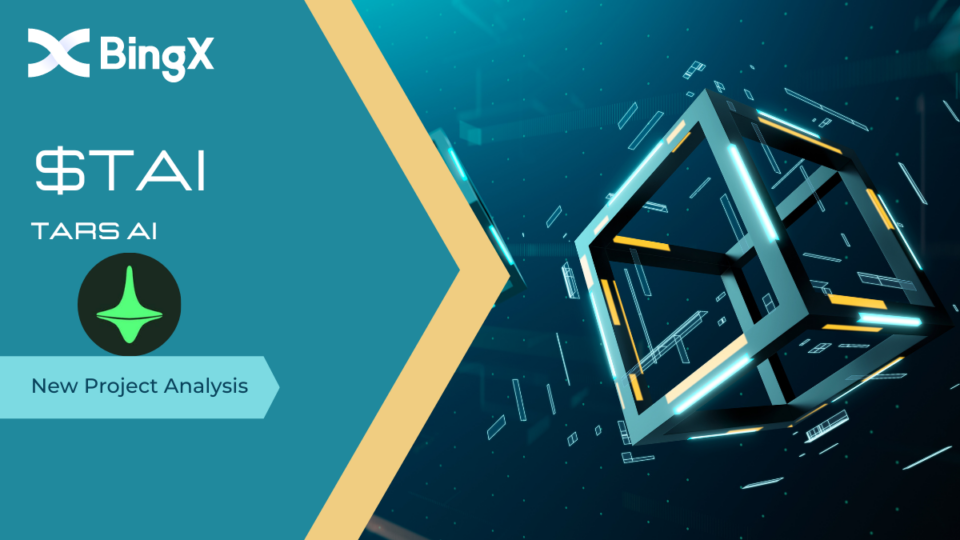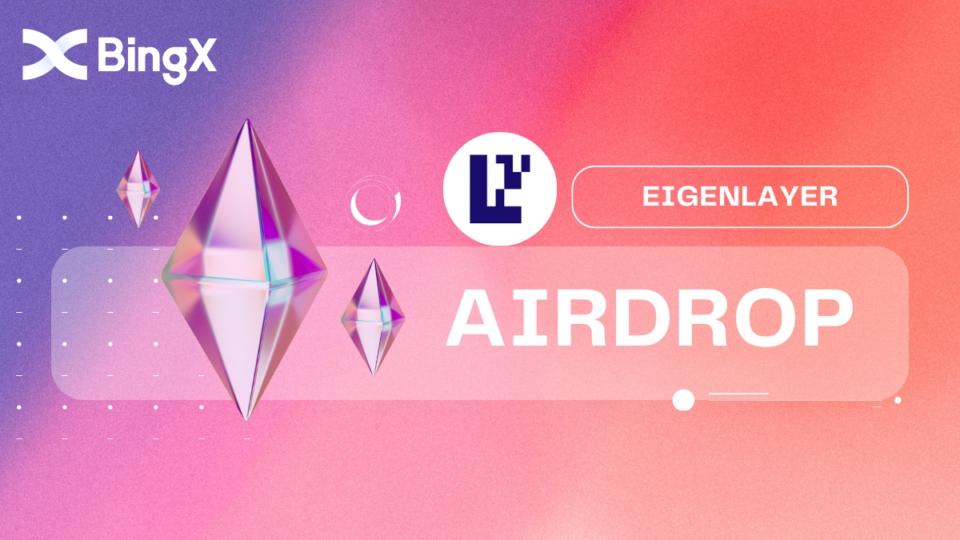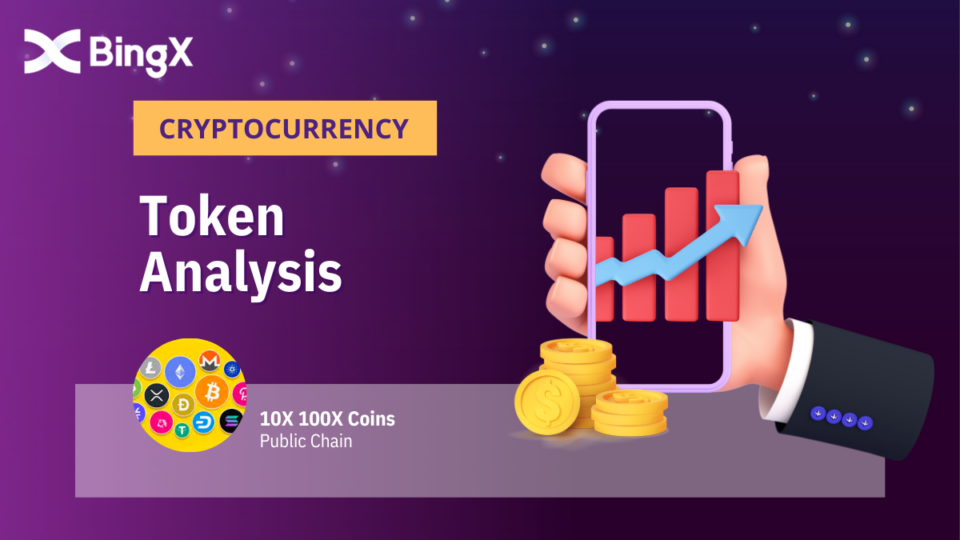
What is Deso token? Price Prediction? Is It The Next 100X Coin?
July 17, 2023
What’s The Reason Of BALD Coin (Base chain) Raised 400 Times? Price Prediction
July 31, 2023Is World Coin $WLD an AI token worth investing in? Can you hold it? how to buy? airdrop
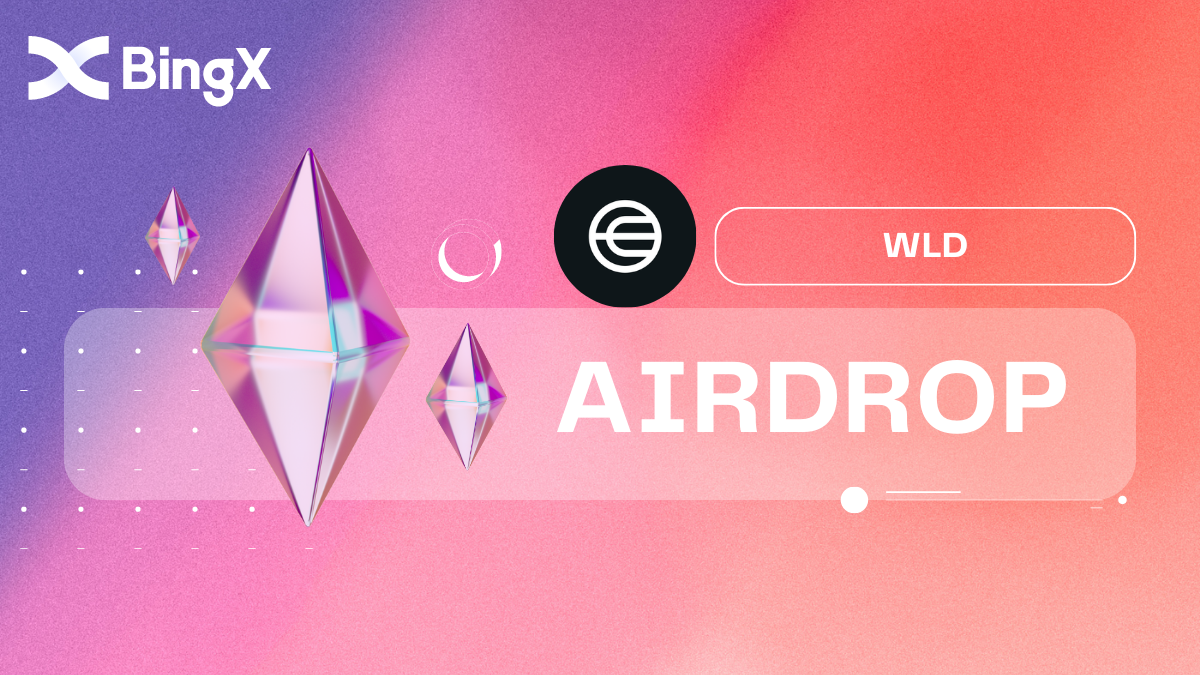
Table of Contents
What is World Coin $WLD, which is being airdropped to one billion people?
World Coin (currency code WLD) is a token issued by the founders of Open AI, with a total supply of 10 billion tokens. The team holds 2 billion tokens, and the remaining 8 billion tokens are distributed for free. The main purpose of the token is to record users’ identity and iris data into the blockchain. Owning one WorldApp is equivalent to having one’s own electronic identity for conducting transactions on the blockchain, and these transactions will be recorded in the blockchain.
Currently, the estimated valuation of the World Coin project is $3 billion, with a planned financing of $120 million. The WLD token is already live on the mainnet and can be traded on the BingX spot exchange, with the current token price being $2.1.
The project consists of three main parts:
- WorldID: Records users’ iris data.
- WorldCoin: The blockchain network and its token.
- WorldApp: The electronic wallet functionality.
Users holding WLD tokens in their electronic wallets can also earn rewards through staking WLD tokens. To use the wallet, users need to record their iris data through nearby Orb devices or purchase Orb devices themselves. However, buying Orb devices just for iris recording to use the wallet might not be cost-effective. But becoming a WorldCoin agent and providing these devices to nearby users for recording can earn rewards, similar to the practice of Bitcoin mining.
How to obtain WLD tokens through airdrops?
Any user who records their iris data through Orb devices will receive 25 WLD token as a reward in their WorldApp wallet. However, Orb devices are not widely available in many countries, as both the United States and China do not allow the recording of citizens’ iris information. Therefore, obtaining the token through airdrops might not be as practical as simply buying one token on the exchange for $2.1.
Why do many countries not agree to open iris information recording?
The reason is that WorldID is subject to privacy protection laws. According to privacy protection laws, sensitive information that can accurately identify users requires permission from government departments and individuals. Individuals must be clearly informed about how their data will be used. If users do not approve of how their data is used, such as for sending advertisements, then the companies using the data cannot proceed without meeting specific conditions.
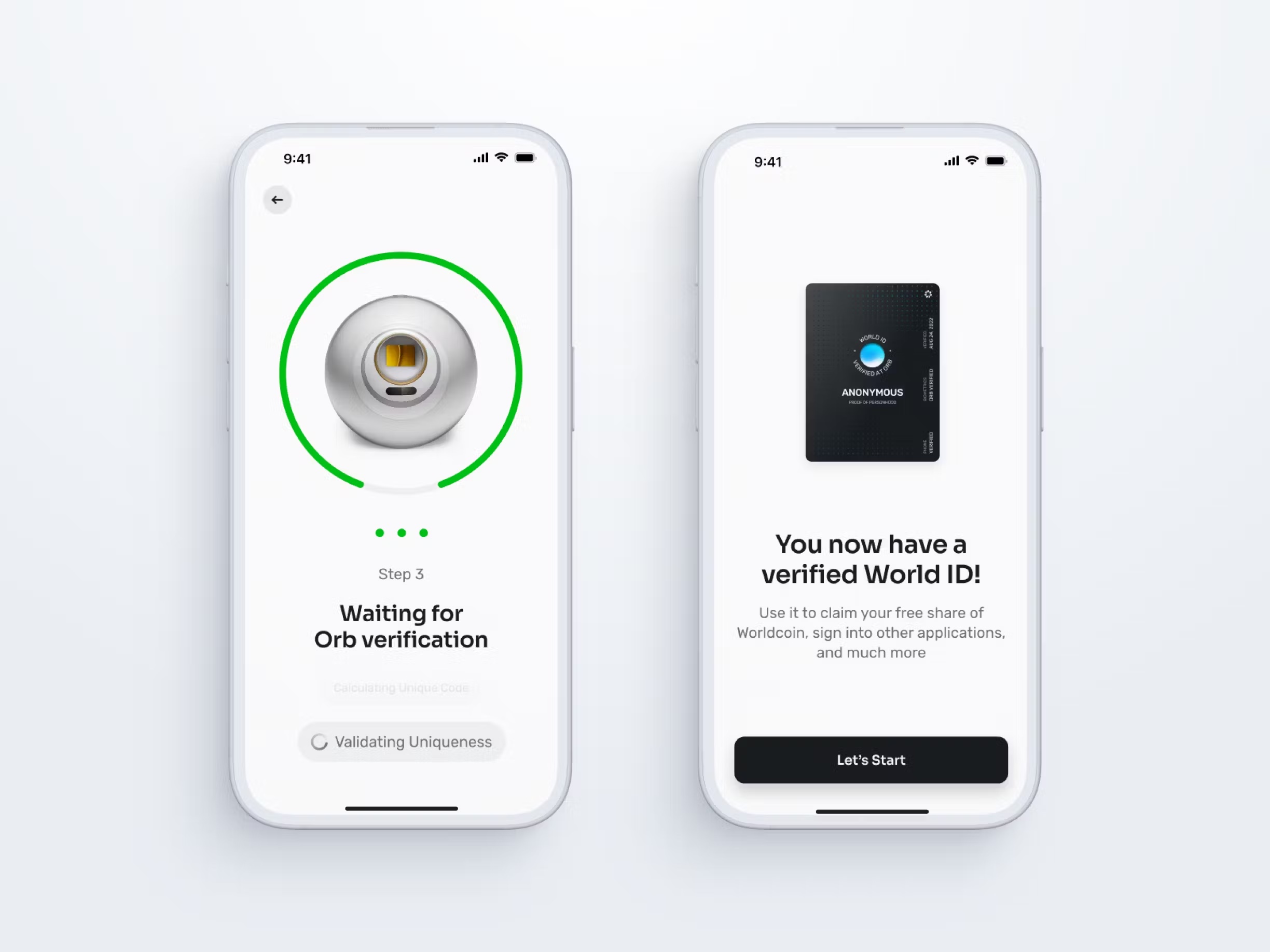
Therefore, WorldID has recently added new terms that allow users to request the deletion of their iris data from the system if they do not agree. Currently, WorldID has only recorded iris data from 30 countries, totaling 2 million people, with 31.6% coming from Africa.
Can WorldCoin be held long-term?
Currently, the WLD token has just been listed on the BingX exchange, and its price has not experienced significant short-term fluctuations, partly because most of the cryptocurrency market funds are flowing into Bitcoin. The price of WLD token is directly proportional to the quantity of recorded iris data, so the current price still has significant upside potential. Therefore, even if it experiences a downturn, the token’s price is expected to remain relatively stable unless Bitcoin experiences a significant drop again.
Long-term, the price of WorldCoin will be greatly affected by policies. If countries like Europe, the United States, and China agree to record their citizens’ iris data, the price of WorldCoin is likely to surge. However, if they continue to resist such measures, the circulation of WorldID will be affected, leading to a risk of the token’s value dropping to zero.
Short and medium-term opportunities may exist, but long-term risks are very high.
Disclaimer:
The above content does not constitute investment advice, and users are advised to conduct their own research (DYOR).

